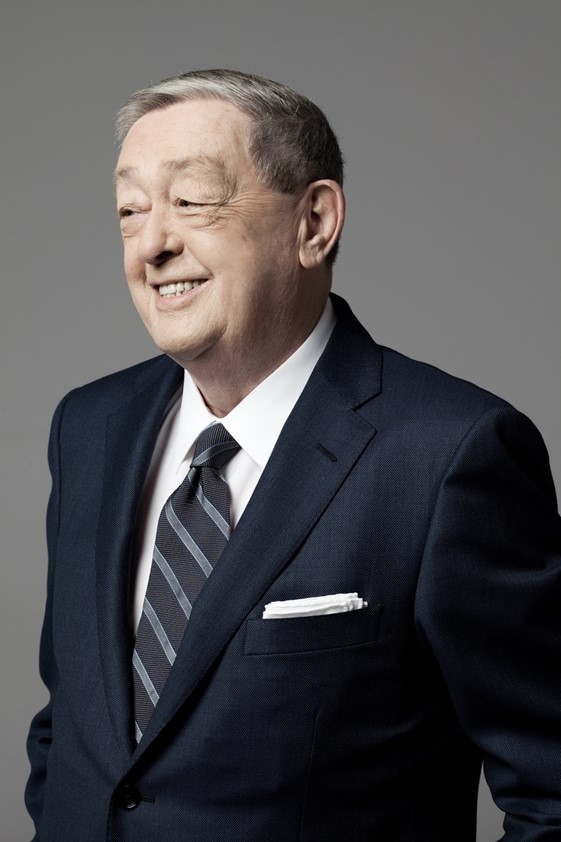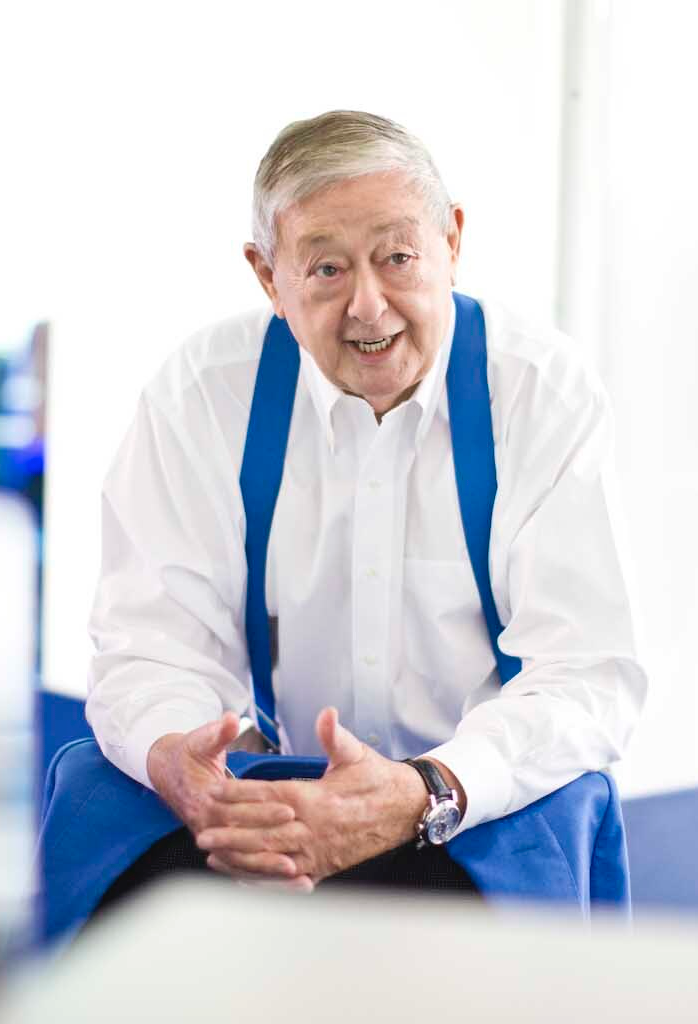Mariusz Walter was a distinguished journalist, director, documentary filmmaker, film producer, and media innovator who played a central role in shaping the Polish media landscape for several decades.
-

Mariusz Walter
Walter dedicated his entire professional life to the realm of media.
Mariusz Walter Mariusz Walter born on January 4, 1937, in Lviv, passed away on December 13, 2022, in Warsaw. He started his career while he was still a student at the Silesian University of Technology in Gliwice, where he helped establish a student radio station. His career path included roles such as a sports commentator at Radio Katowice. Sports, much like media, were among Mariusz Walter's fervent interests, which later led him to invest in and preside over the football club Legia Warsaw, along with Jan Wejchert. In the early '60s, he commenced a fruitful collaboration with Polish Television, where he produced the 'Turniej Miast' (Tournament of Cities), a show that captivated viewers across the nation. One of his other notable accomplishments was his contribution to "Studio 2", which featured many distinguished guests, including the famous band ABBA.
-

Career
Walter was a person who always took limitations as a challenge. He had a passion for showcasing the world's most popular bands of his time, even if it meant lifting the heaviest curtains, like the Iron Curtain. Walter was a documentary filmmaker who created masterpieces for Polish Television. Among his notable works are "Autobus z napisem KONIEC" (Bus with the End Sign) and "Pierwszy. Szósty" (First. Sixth), which received the City of Venice Award in the Documentary category at the Prix Italia in 1971. However, his collaboration with Polish Television came to an end during the martial law period.
From 1973 onwards, Walter began sharing his knowledge at the National Film School in Łódź, and he also worked as a lecturer at the University of Silesia from 1979 to 1984.
During Poland's transformation period, Walter ventured into the business world.
In 1984, he founded ITI (International Trading and Investment), a company that was granted the rights to import electronic equipment and distribute foreign films on video cassettes within Poland. ITI subsequently morphed into a media conglomerate, fundamentally reshaping the Polish market and exerting an undeniable influence on the nation's democratic landscape. In 1997, Walter launched TVN, a private television network, with a keen understanding of the profound changes underway and the pivotal role journalism could play. This vision led to the creation of TVN24 in 2001, the first commercial news channel in Poland..
Walter believed that a free media is essential for the rule of law to prevail.TVN24 is a significant part of Mariusz Walter's legacy, serving as a stronghold for the freedom of expression and a platform where news can be disseminated 24/7 without the shadow of censorship. Years later, when asked if he felt pride, he replied, "That's the wrong word. Better and more accurate is respect for the people who do it. And somewhere, a kind of joy - we made it.". In 2001, Mariusz Walter stepped back from his role in the ITI media holding, a venture he co-created alongside Jan Wejchert. Throughout various periods, the company's board included prominent figures such as Bruno Valsangiacomo, Aldona Wejchert, and Wojciech Kostrzewa. It was then that Walter handed the TVN network's reins to his son, Piotr. The family he built with the journalist and television presenter Bożena Walter served as his anchor. Together with his son Piotr and daughter Sandra, a television producer, the Walter family shared a passion for television and electronic media.
In recognition of his contributions, in 2001, Mariusz Walter was awarded the Commander's Cross of the Order of Polonia Restituta by the President of Poland, Aleksander Kwaśniewski.